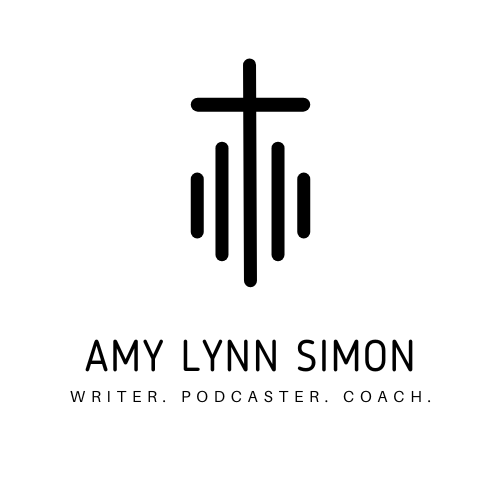Is Your Ideal Reader… You?
In this post, I talked about why it’s important to be specific in who we’re writing for. When we can picture in our heads who that person is and what he or she needs, it brings focus and direction to our writing. When we sit down to write, we can picture what that reader is likely dealing with and we can know more specifically how we can help him or her.
If we’re trying to write to everyone, we’re really writing to no one.
When we’re working on uncovering who our reader is and what the specific message is that we’re designed to share with that reader, a couple places to look are at the things we’re passionate about and our own life history.
What are you passionate about?
When we write about topics we’re passionate about, it’s more engaging for readers, and frankly, more interesting for us to write about. Do you really want to write for months and months about something you’re not that interested in? I certainly don’t want to read something that someone wrote that they aren’t very passionate about!
Our passions can originate in different ways. Sometimes they’re just God-given. My husband is very passionate about teaching a literal, six day creation, and how science supports the Bible. He could (and does) talk about it and teach about it for hours on end. He’s done innumerable hours of research on dinosaurs, fossils, the Flood, the distance of the stars, etc. He’s driven by an inner, God-given passion. That passion doesn’t come out of left field, however. He’s an engineer and enjoys deep thinking and following lines of thought to their logical conclusions. He asks a lot of questions and doesn’t accept what he’s told without verifying it. When he first came to Christ as an adult, the idea of melding the evolutionary theory he’d been taught in school with what the Bible says about the origin of the earth was a problem for him. As a result, his initial drive to learn more came from his own faith struggle in that area. He has since taken it much farther. It’s now a passion and drive to share what he’s learned with others.
What life challenges have you walked through?
Other times, our passions come from our past (and present) life experiences. What life experiences have you had that have made you passionate about something? Did you learn a method of studying the Bible that was transformational for you? Did you travel overseas as a missionary and that has given you a burden to reach the lost abroad? Did you overcome health struggles and have found solutions that have greatly impacted your life? Have you seen God give you victory over certain areas of sin and now you want to help others find freedom?
2 Corinthians 1:3-5 says, “Praise be to the God and Father of our Lord Jesus Christ, the Father of compassion and the God of all comfort, who comforts us in all our troubles, so that we can comfort those in any trouble with the comfort we ourselves receive from God. For just as we share abundantly in the sufferings of Christ, so also our comfort abounds through Christ.”
God wants us to take the things we’ve learned, the things we’ve been comforted in by Him, the things we’ve overcome, and use those experiences to help others through the same types of situations. I just love seeing how God takes the people that we are - our gifts, passions, experiences, quirks, all of it - redeems it and then uses it as a way to serve and bless others. He doesn’t waste the things you’ve gone through. He wants to use those things to bring glory to Him and to help someone else.
OK, I want to pause here for a minute and give a little disclaimer…
There’s something important to remember when we’re writing about things we’re passionate about. If those passions have their origin in a traumatic life experience, we need to be careful when we share those things and how we share them. I’ve heard it said that we want to share our scars, not our wounds.
Sometimes we think that by sharing our raw experiences, it will bring healing to us. It doesn’t. We heal privately through processing events with God, a spouse, a pastor, or a counselor. When we share publicly, we want to have our experience processed a bit so that there is something of value to benefit the reader. Remember that it all comes back to what we have to offer to our readers. There isn’t a cut and dry, math formula answer to when is the right time to share - it’s just something you’ll need to pray and seek wise counsel about. One option is to share some of those experiences in layers, instead of all at once. That can give us a chance to see how it is received and how we do with the process of sharing it. Not only are we trying to make sure we are offering our reader something that’s helpful, we also want to protect ourselves from being traumatized all over again.
So, what do you think? Is your reader yourself from a few years back? How have your experiences, even if they weren’t traumatic, affected what you’re passionate about? In what way does God want to use your redeemed life experiences for His glory? I would love to hear what you think! Leave a comment and let me know who your reader is!
This episode was inspired by my Purposeful Pen Podcast episode #4. You can listen to it here.
If you need help uncovering your writing message and your ideal reader, download these 10 questions to help you.

